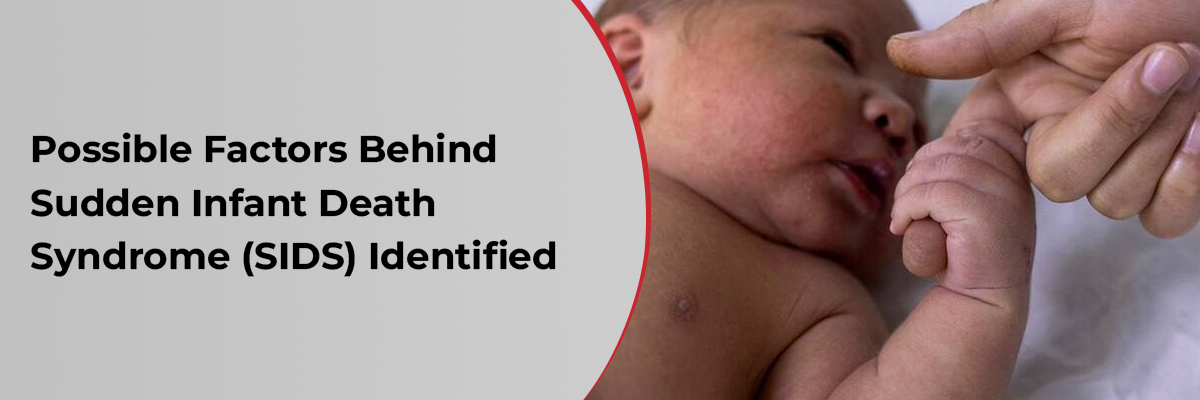
 IJCP Editorial Team
IJCP Editorial Team
Possible Factors Behind Sudden Infant Death Syndrome (SIDS) Identified
In a groundbreaking study published in the Journal of Neuropathology & Experimental Neurology, researchers from Boston Children's Hospital and Rady Children's Hospital in San Diego have uncovered significant findings regarding sudden infant death syndrome (SIDS). SIDS, the unexpected and unexplained death of infants under one year old, has long puzzled experts, but this research sheds light on potential risk factors and mechanisms involved.
The prevailing theory suggests three factors contribute to SIDS: the developmental stage, exposure to stressors like sleeping face down, and underlying abnormalities that make survival difficult during critical events. The study highlights a specific abnormality found in infants who died of SIDS—the alteration of a brain receptor related to gasping for air. This receptor, part of the serotonin system responsible for regulating involuntary body functions such as heart rate, breathing, and blood pressure, may play a crucial role in SIDS cases.
Analyzing brain tissue samples from 58 infants who died of SIDS between 2004 and 2011, compared to 12 infants who died of other causes, the researchers observed that altered versions of the serotonin-related brain receptor were more often in the SIDS cases. Lead author Robin Haynes, a Boston Children's Hospital researcher, explained that infants normally have a protective response triggering gasping for air when oxygen is insufficient during sleep. However, this response may be impaired in SIDS cases due to the altered receptor. Failure to restore breathing and heart rate can impede blood flow and oxygen supply, potentially leading to SIDS.
Currently, no tests or treatments exist to identify or reduce an infant's SIDS risk based on underlying predisposition. However, experts emphasize certain preventive measures. The Centers for Disease Control and Prevention recommends placing babies on their backs to sleep, maintaining a firm and flat sleep area free of soft bedding, and avoiding covering the baby's head. The American Academy of Pediatrics suggests using pacifiers during sleep and breastfeeding, which has been shown to lower SIDS risk. Following safe sleep guidelines and avoiding alcohol or tobacco during pregnancy are also advised.
While the exact cause of death in most SIDS cases remains unknown, researchers remain committed to further investigations and the development of preventive therapies in the future.

IJCP Editorial Team
Comprising seasoned professionals and experts from the medical field, the IJCP editorial team is dedicated to delivering timely and accurate content and thriving to provide attention-grabbing information for the readers. What sets them apart are their diverse expertise, spanning academia, research, and clinical practice, and their dedication to upholding the highest standards of quality and integrity. With a wealth of experience and a commitment to excellence, the IJCP editorial team strives to provide valuable perspectives, the latest trends, and in-depth analyses across various medical domains, all in a way that keeps you interested and engaged.










.jpg)








.jpg)

Please login to comment on this article